
The professor of neurology at the University of Pennsylvania Perelman School of Medicine discussed whether omaveloxolone’s therapeutic benefit is enough for it to become the first approved therapy for Friedrich ataxia. [WATCH TIME: 2 minutes]

The professor of neurology at the University of Pennsylvania Perelman School of Medicine discussed whether omaveloxolone’s therapeutic benefit is enough for it to become the first approved therapy for Friedrich ataxia. [WATCH TIME: 2 minutes]

The PhD candidate in the epidemiology department at Erasmus University Medical Center in the Netherlands discussed the need for tailored treatment in light of the COVID-19 pandemic. [WATCH TIME: 4 minutes]
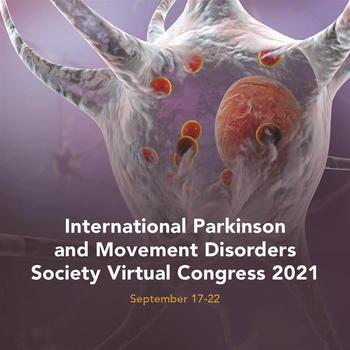
Following MDS 2021, we compiled a roundup of some of our discussions with experts in the Parkinson disease and movement disorders space in one convenient location.

The PhD candidate in the epidemiology department at Erasmus University Medical Center in the Netherlands discussed the need for tailored treatment in light of the COVID-19 pandemic. [WATCH TIME: 4 minutes]

The director of the UAB Huntington's Disease Clinic offered his insight on a recent assessment of HD genetic testing at HDSA Centers of Excellence, and the associated costs for patients.

The professor of neurology at the University of Pennsylvania Perelman School of Medicine discussed his presentation at MDS 2021, which highlighted the therapeutic benefit of omaveloxolone in Friedreich ataxia. [WATCH TIME: 2 minutes]

Data suggest that certain activities of daily living are more prevalent depending on whether the caregiver is a man or a woman.
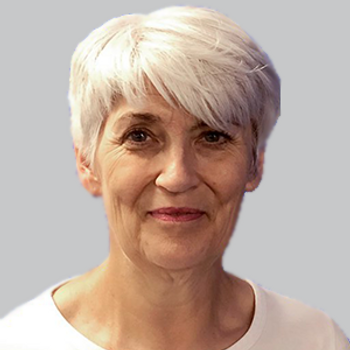
Helen Colquhoun, MD, vice president of early development at Sage Therapeutics, commented on results from a phase 2 study in which patients receiving SAGE-324 showed a significant decrease in ET.
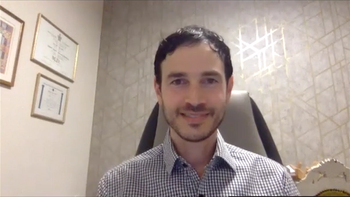
When asked about developments, the neurologist and movement disorders specialist at Sheba Tel-HaShomer Medical Center in Israel commented on the need to identify disease-modifying therapies. [WATCH TIME: 3 minutes]

Data were collected from the MDS’s membership worldwide, assessing current practices, concerns, and barriers to genetic testing.

Data found that synchronic dance classes conducted through Zoom may be particularly effective for patients who live remotely.

Following his presentation at the MDS Society Virtual Congress 2021, the neurologist and movement disorders specialist at Sheba Tel-HaShomer Medical Center discussed his views on the use of medical cannabis. [WATCH TIME: 3 minutes]

Patients were evaluated at day 29 for change in TETRAS item 4 score change from baseline.

Next steps for medical cannabis will need to include how cannabinoids affect the brain, according to the neurologist and movement disorders specialist at Sheba Tel-HaShomer Medical Center in Israel.

A study from the International Parkinson and Movement Disorder Society Virtual Congress suggest that despite protocol adherence, average costs are moderately high and vary significantly.

The neurologist and movement disorders specialist at Sheba Tel-HaShomer Medical Center in Israel discussed future use of medical cannabis and concerns for psychiatric adverse effects.

The neurologist and movement disorders specialist at Sheba Tel-HaShomer Medical Center in Israel outlined the small, retrospective study, shedding light on its findings.

The FIGHT-PD study is expected to complete and read out interim results before the end of 2021. It aims to assess the exercise program’s safety, tolerability, and efficacy in Parkinson disease.

The professor of neurology at Weill Cornell Medical School commented on the available treatments for Parkinson disease, as well as ongoing therapeutic development.

Patients previously randomized to omaveloxolone in the core study period continued to show no worsening on modified Friedrich Ataxia Rating Scale relative to their original baseline after nearly 2.5 years of treatment.
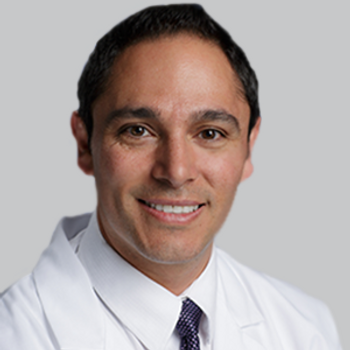
Patients who underwent deep brain stimulation procedures that were managed postoperatively in the home reported significantly fewer clinic visits with similar MDS-UPDRS scores to standard of care.

Investigators noted the psychiatric adverse effects of treatment with medical cannabis, requiring patient monitoring after initiation.
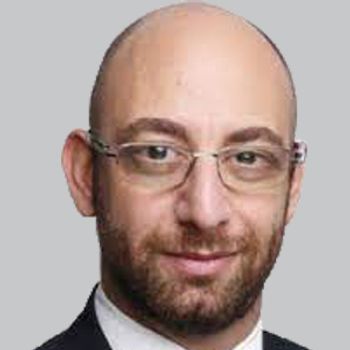
Despite not meeting the primary end point, those in the early-start group showed reduced change from baseline in MDS-UPDRS-III scores compared with the delayed-start group at both weeks 52 and 104.

Data from the PRIME-NL study showed stressors resulting from the pandemic impacted depression, anxiety, and quality of life.

Improvements in mean total amount of time and percentage of participants that were awake suggested limited effect with opicapone (Ogentys; Neurocrine Bio).

The director of the Movements Disorders Clinic at Houston Methodist Neurological Institute discussed data presented at the International Parkinson and Movement Disorders Society Virtual Congress 2021.

Patients with Parkinson disease in both the 24-hour and 16-hour ND0612 dosing regimen groups had ON-state UPDRS-motor scores and UPDRS-ADL scores improve over the 12-month period.

Data from MDS 2021 suggest that a 6-week brisk walking program can improve MDS-UPDRS nonmotor scores significantly compared to standard stretching interventions.

Torticollis was the most common predominant cervical dystonia presentation subtype at injection 1, followed by laterocollis.

The director of the Parkinson’s Foundation Center for Excellence at the University of Kansas Medical Center provided insight on the lapses in levodopa-carbidopa treatment and what potential changes could come in the future.